Neuroscience
-
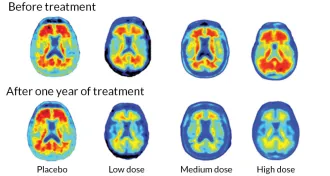 Neuroscience
NeuroscienceNew Alzheimer’s drug shows promise in small trial
A much-anticipated Alzheimer’s drug shows promise in a new trial, but experts temper hope with caution.
-
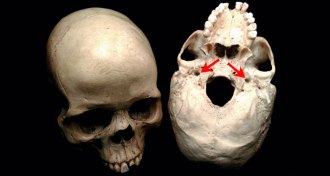 Humans
HumansBrain’s blood appetite grew faster than its size
Over evolutionary time, the energy demands of hominid brains increased faster than their volume, a new study finds.
-
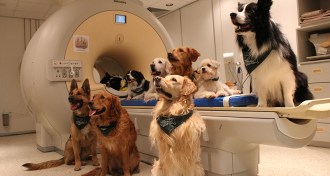 Animals
AnimalsDog brains divide language tasks much like humans do
Dogs understand what we say separately from how we say it.
-
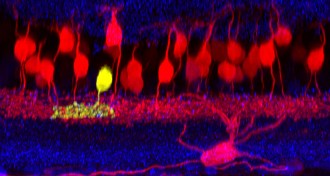
-
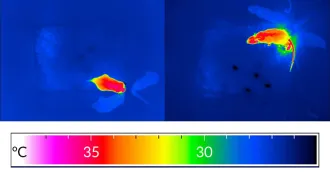 Neuroscience
NeuroscienceCool nerve cells help mice beat heat
A new study pinpoints fever-busting cells in mice’s brains.
-
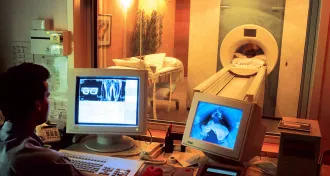 Neuroscience
NeuroscienceComputers refine epilepsy treatment
Surgeons harnessed computers in 1966 to pinpoint source of epilepsy in the brain.
-
 Neuroscience
NeuroscienceWhat Donkey Kong can tell us about how to study the brain
Neuroscience tools failed to reveal much about a simple microprocessor. What can they really tell us about the brain?
-
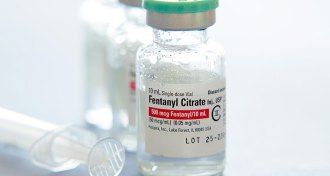 Neuroscience
NeuroscienceFentanyl’s death toll is rising
The ability of fentanyl, an opioid, to freeze chest muscles within minutes may be to blame for some overdoses, a new autopsy study shows.
-
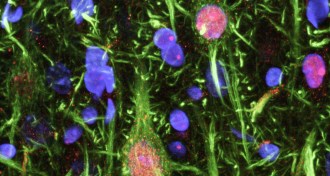 Neuroscience
NeuroscienceEating shuts down nerve cells that counter obesity
A group of nerve cells shut down when food hits the lips, a study of mice finds.
-
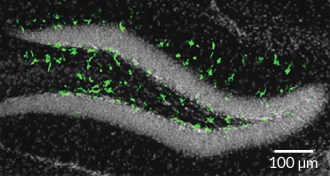 Health & Medicine
Health & MedicineZika kills brain cells in adult mice
Zika virus may harm more than babies: The virus can infect and kill brain cells in adult mice, too.
By Meghan Rosen -
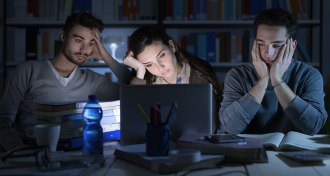 Neuroscience
NeuroscienceSleep deprivation hits some brain areas hard
Brain scan study reveals hodgepodge effects of sleep deprivation.
-
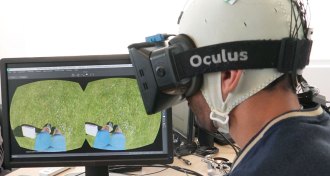 Neuroscience
NeuroscienceMix of brain training, physical therapy can help paralyzed patients
Long-term training with brain-machine interface helps people paralyzed by spinal cord injuries regain some feeling and function.
By Meghan Rosen